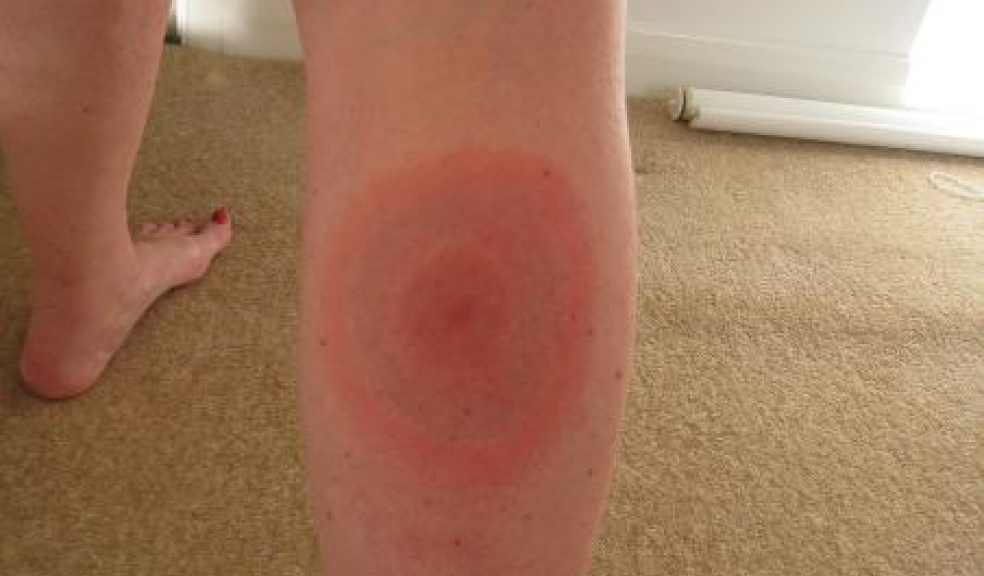
Countryside users urged to enjoy the outdoors but be 'tick aware'
As the summer months return and people spend more time enjoying the countryside, Public Health experts in Devon are encouraging the public to be ‘tick aware’.
Ticks are small spider-like creatures that feed on the blood of animals, including people. They are found in woodland, grassland and moorland where there is a dense vegetation layer and can be found in some urban parks and gardens. Ticks don’t jump or fly, but they attach themselves to animals or people as they brush past something the tick is on. Adult ticks are more active in late spring and summer.
Some ticks carry may carry an infection which be passed on through a bite, including Lyme Disease. Not all ticks carry Lyme-causing bacteria and not all bites from an infected tick result in Lyme Disease. Lyme disease can be treated effectively with antibiotics, but if it is not treated or if there is a delay in treatment it can lead to complications.
Mild flu-like symptoms including fever, headache and tiredness. Sometimes people develop a ‘bulls-eye’ rash but not everyone develops this rash.
There are some simple steps to reduce the chances of getting a tick bite:
- Walk on clearly defined paths to avoid brushing against vegetation
- Wear light colour clothing so you can see ticks and brush them off
- Use an insect repellent that can repel ticks
- Wear long trousers and long-sleeved tops to reduce the direct exposure of ticks to your skin
Ticks are very small and their bite is not painful so you may not realise you have one attached to your skin. After you have enjoyed your walk, do a tick check to make sure there are none attached to your skin, by looking and feeling for ticks. Look out for anything as small as a speck of dirt or freckle.
Councillor Roger Croad, Devon County Council’s Cabinet Member for Health and Wellbeing, said: “Devon has beautiful landscapes and countryside, and there is a myriad of beautiful walks throughout the county, from dramatic coastlines and sweeping bays to secluded valleys and the moors of Dartmoor and Exmoor, all waiting to be discovered.
“When you’re out and about in the countryside, it’s always a good idea to either wear long trousers or insect repellent, or to check there are none attached to your skin afterwards. They’re easy to remove and the sooner they’re removed, the less likely you are to develop an infection.”
The safest way is to use fine-tipped tweezers or a tick removal tool. Grasp the tick as close to the skin as possible and pull upwards slowly and firmly. Once removed, wash with soap and water or apply antiseptic and keep an eye on the area.
Anyone who feels unwell after a tick bite should contact their GP and remember to tell them you have been bitten by a tick.
For more information about ticks visit the NHS Choices website www.nhs.co.uk













